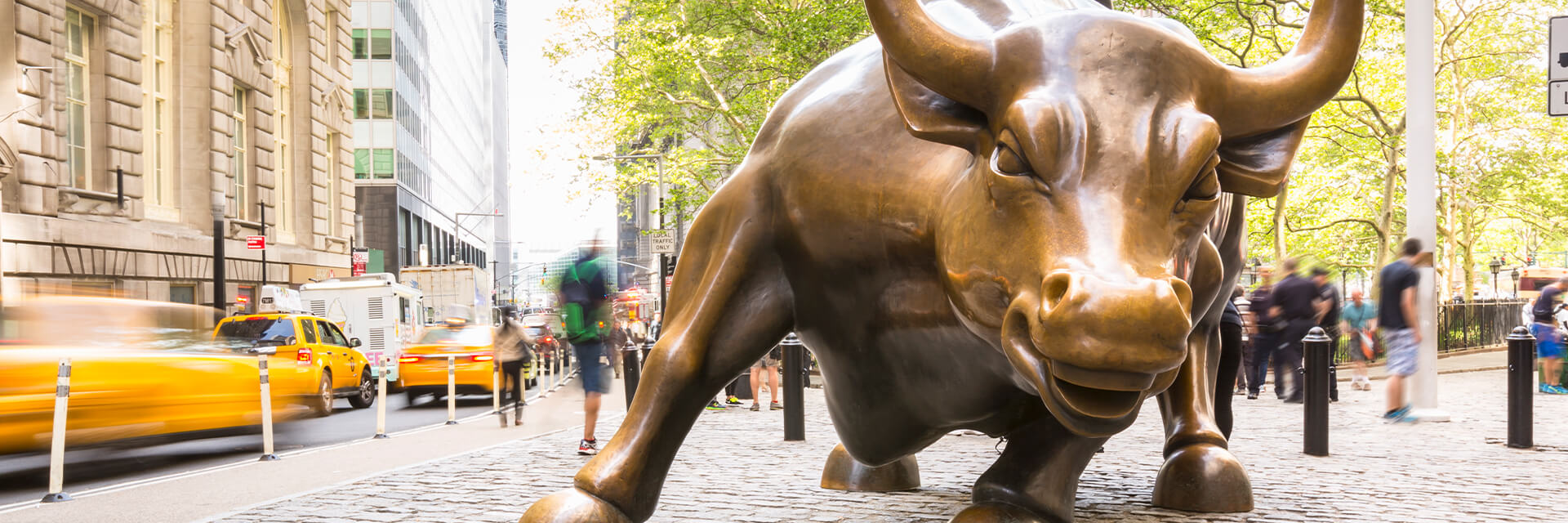
Trends Watch: March 16, 2017
- Published
- Mar 16, 2017
- Share
EisnerAmper’s Trends Watch is a weekly entry to our Alternative Investments Intelligence blog, featuring the views and insights of executives from alternative investment firms. If you’re interested in being featured, please contact Elana Margulies-Snyderman.
This week, Elana talks to Tony Zheng, Founder, Alcioun Capital.
What is your outlook for the alternative investment industry?
I believe the alternative investment industry will attract more inflows for the whole year because I expect the 2017 market volatility to increase dramatically, although in the first half, it is likely to be a net outflow. In today's rising market and low volatility, passive investments like ETFs beat active investment styles. Alternative investment managers have a very difficult time proving their value to their clients. But this calmness in the markets is about to end. The past several months’ market rise is, in a way, to undo and reverse the hedging done by many market participants around the presidential election. Once market volatility returns, active managers could have an easier time beating the passive indexed investment tools and allocation inflows to the alternative investment industry could accelerate in second half of 2017.
What is your outlook for the economy?
The economy will pick up speed throughout the year, although as the enthusiasm from presidential election subsides, markets could turn lower as the real work begins. Deregulation and capital investment decisions all take time to implement, while short-term interest rates are set to rise. Since 2009, the market has been in a continuous rally. The Fed has been maintaining a near zero interest rate for many years now. This low interest rate environment has driven assets into the alternative space to seek higher return. Most asset classes have risen in price because of investors chasing yield at various levels of risk appetite. As soon as the Fed starts the cycle of interest rate hikes, prices for many markets are going to fall, thus creating a reverse wealth effect, and slowing down the real economy. The uncertainty lies in when the Fed is going to start the rate hike and how fast rates will rise. Right now the headline inflation is still low, while the new administration's fiscal and trade policies seem to be inflationary. I look forward to a gradual inflation rise throughout 2017, followed by a speed pickup of inflation in early 2018. Inflation speedup is followed by rate hike, rate hike is followed by market turmoil and market turmoil is followed by an economic slowdown. But I don't see these sequences happening until early 2018.
What keeps you up at night?
Education. Many people are angry because they were left out of the global trade system, particularly many young people who do not have the employable skills that are needed in today's job market. Our education system is spending much energy teaching young people about their entitlement and their right, instead of educating them about practical skills and work ethic. The net result is that the new generation of young workers are feeling more entitled than ever, while lacking competitiveness in the job market, hence lacking in income. The combination of higher desire and lower income produces angry people. There is no easy fix. I hope the education reform of the new administration is truly going to improve the situation. For example, like most other industrialized nations, we need to also have a tuition-free national college whose entrance is totally based on uniform objective measurement.
What's on Your Mind?
Start a conversation with Elana
Receive the latest business insights, analysis, and perspectives from EisnerAmper professionals.












